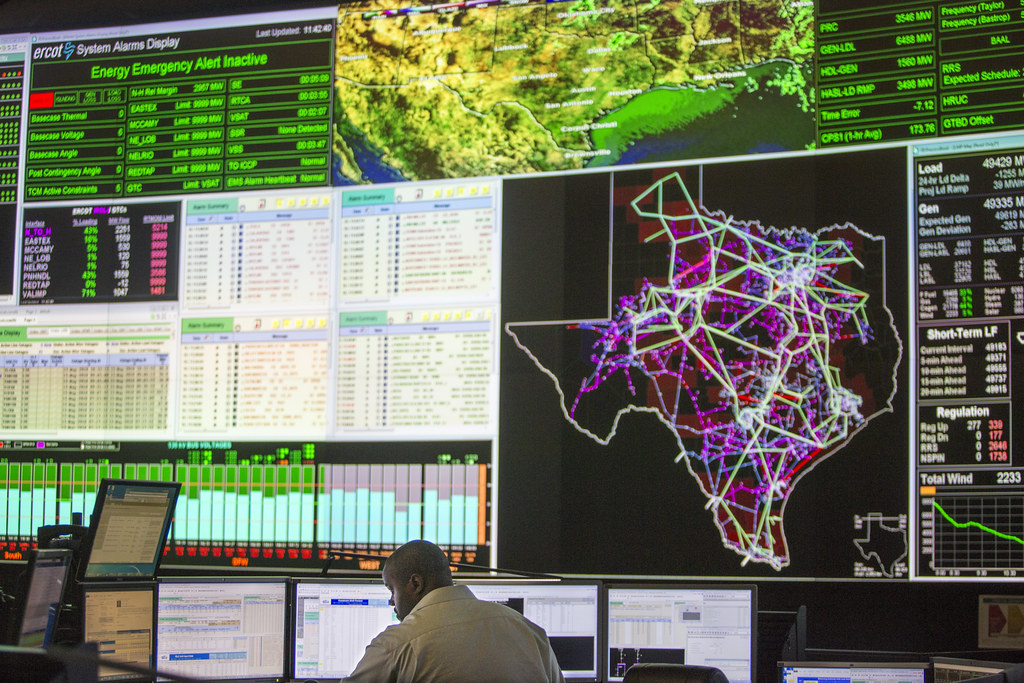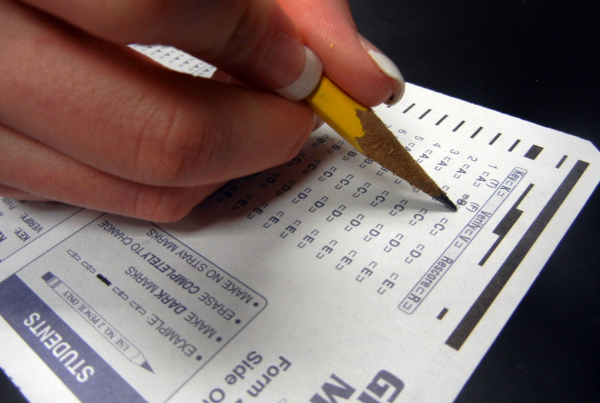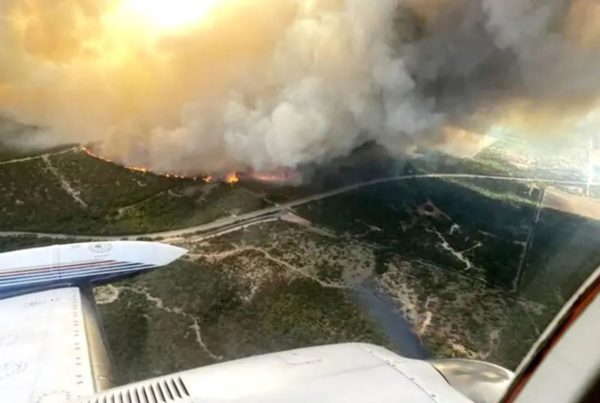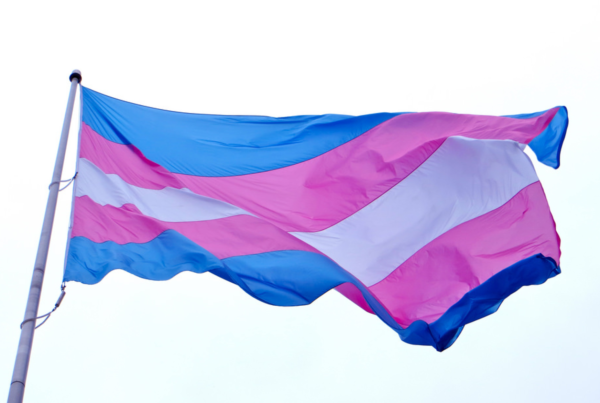Like many parts of the country Texas is currently at an elevated risk for energy shortfalls this summer. Though the North American Electric Reliability Corporation, or NERC and Texas’ electric grid manager, ERCOT are using the same data, the two agencies have drawn very different conclusions about what could happen with power availability this summer, according to one expert
Daniel Cohan is an associate professor of civil and environmental engineering at Rice University. He says ERCOT is assuming that if summer weather is typical in Texas, energy supplies will be adequate to meet demand, since so many new wind and solar farms have come online.
Cohen says ERCOT is downplaying potential risks, and that the agency doesn’t have a single climate scientist on staff, making it impossible to gauge the actual risk of severe heat this summer. Listen to the interview above or read the transcript below.
This transcript has been edited lightly for clarity:
Texas Standard: Tell us what you make of the fact that you have ERCOT saying one thing and the NERC saying what sounds to my ears like quite the opposite.
Daniel Cohen: What NERC is looking at is tat the exact same numbers that ERCOT has, and just casting them in a different light, recognizing that we probably will be okay if we get a moderate or a typical summer. But I think being more cautious than ERCOT has been to realize that we could have a very hot and dry summer in store, and realizing that when you get that kind of extreme weather conditions, it makes things more difficult both for supply and demand. It pushes us to run our air conditioners hotter than ever. It makes things difficult for our gas, nuclear and coal plants. And heat waves often come with stagnant winds. So whereas ERCOT, I think was a bit sanguine to think, ‘oh, we’ll just have one thing go wrong at once.’ I think what this larger body is pointing out is that we need to be prepared for risks that happen together, like we had last February with the freeze and blackouts. And like there’s a risk of if we get a more severe than usual heat wave come through.
I think that it is somewhat troubling to hear that they are looking at the same numbers, but different interpretations. Perhaps especially considering what so many Texans went through during the winter of 2021, feeling like there’s a little bit of spin involved. Is there politics involved in the way these numbers are being perceived?
I think there is some messaging that’s been coming with this in that ERCOT has run the numbers. And they’re right that if we have a typical summer, we’re actually better off than we’ve been the past few years because we’ve been adding so many wind and solar farms. We’re adding them even faster than demand is growing; faster than people are moving to Texas and crypto mines coming online and so forth. So we do have a bigger buffer that will make it easier to get through a typical summer. But there’s been some messaging and spin coming out of ERCOT saying everything is fine, where they’re really downplaying the risk of extreme scenarios. And if you even dig into ERCOT’s own report, they show, I think, two out of seven scenarios in which we would have some localized and temporary blackouts. But they say, ‘oh, well, we’ll just kind of look outside. And those are such extreme possibilities, we think they’re very unlikely to happen. But the trouble is, ERCOT doesn’t have a single climate scientist on its staff and so they really aren’t in a position to know whether it is a five or ten or 20% risk that we face of one of those really extreme heat waves? And they’re counting on us not possibly getting a hotter heat wave than we had in in 2011, the last time we had a severe drought and heat wave hit Texas.
What would be your assessment when it comes to how concerned Texans should be about blackouts this summer?
I think most likely we’ll be fine. If we get a typical summer or just a little bit warmer than typical summer. That extra cushion we get from so many more solar farms coming online in the past couple of years could carry us through. And it should be like we would always want things to be that we can just ignore electricity and count for it to be on and not need people like me to come on your radio show. But I do think there is a risk that if we get a severe heat wave and have anything else go wrong, like we had recently, or a coal power plant caught fire or six natural gas plants tripped offline. Since we’re running a fleet that has nearly half of its power plants almost 30 years old, there are risks. I don’t think we should have PTSD from February 2021. I can’t imagine a scenario where we would have a third shortfall of supply and demand like we did back then, or that would last for days. But in an extreme heat wave, I do think that localized rolling temporary blackouts would be a possibility.
















